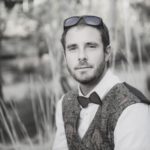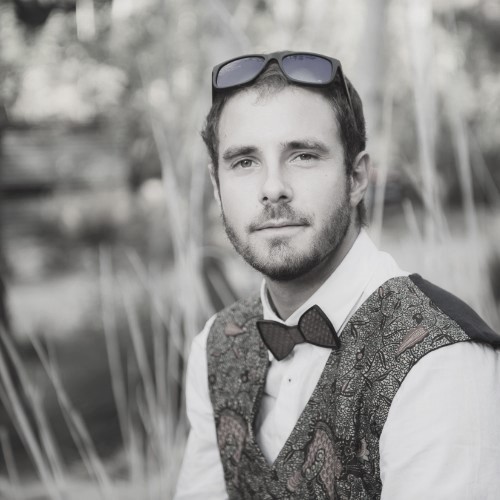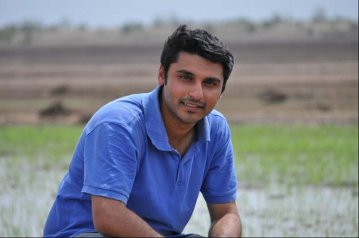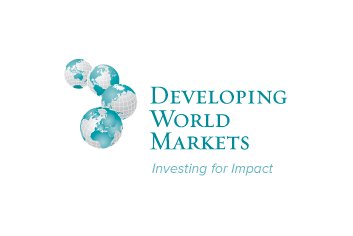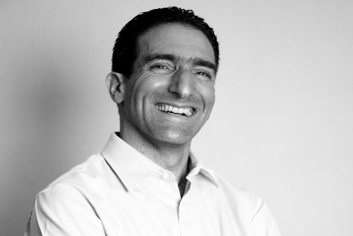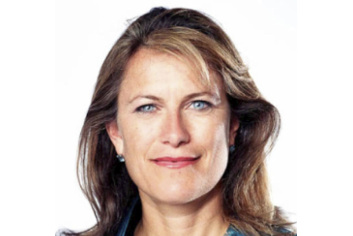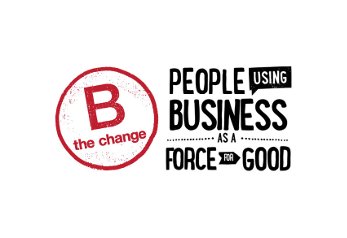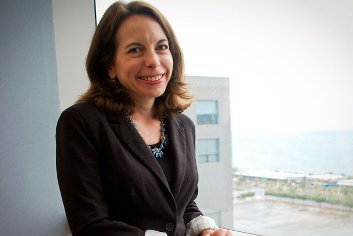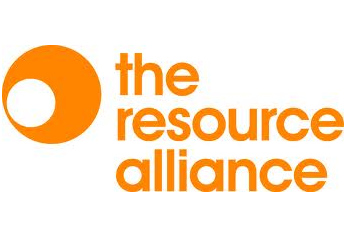
OLBIOS: At BroadLeaf Group you harvest and recycle water and solar energy for homes and industries in South Africa. What technologies do you use to address the issue of water scarcity, what are your water recycling solutions for industries and what is the impact of offering tailor-made PV Solar systems for large industries?
Broadleaf Group started on the domestic market, we chose to penetrate the domestic market as a first step in order to understand the gaps in the market, know the suppliers, get in contact with clients and familiarise ourselves with different solutions. As much as a B2B model was always the objective, the domestic market allowed us to develop our expertise while growing the business organically from the ground up. Over the last couple years, we have made our transition onto the commercial and industrial market and are now exclusively focusing on providing solutions for large water and/or power consumers.
Our philosophy is that Broadleaf Group must acquire knowledge today regarding how to provide sustainable services and solutions that will be essential to solve tomorrow’s problems. The African continent’s population is booming and will continue to do so exponentially over the next few decades. In our contemporary economy, growth is associated with waste which is precisely what we are trying to combat. It is our intention to try and support this growth by providing solutions which are as respectful of the environment as possible. One of the nicest things about Broadleaf Group is that we are all aligned on similar social and environmental values. Rhett Osborne (founder), myself and all employees want to make a difference.
However small our contribution may be, we chose everyday to work towards solving today’s problems while trying not to contribute to creating one for tomorrow. One of the keys to implementing impactful solutions is its ability to be replicated. On the African continent, it means that it must be affordable, there is no point in developing a solution that no-one can afford! In order for our solutions to be affordable for African industrials who don’t always have access to capital, our business model is based on the savings generated by the solution. I think that the willingness to contribute to positive externalities coupled with the ambition of making it affordable for our clients summarise who we are and what we are trying to achieve.
Broadleaf Group has developed two department which are complementary to one another:
We aim to continue saving millions of litres of water in the coming years, not only in South Africa but on the rest of the continent as well.
You mentioned the expression tailor made. You are correct, with each new client comes a new journey and a new challenge in order to reduce our client’s environmental impact while ensuring savings. We build long lasting relationships with our clients in order to accompany them in their transition to a more environmentally friendly production/operation process. This does mean that our involvement with our client is quite extensive, we like to know everything there is to know about our sites. In our line of work, the devil is definitely in the details!
O: It seems that one major concern in the field of renewable energy is power generation that depends on natural resources that are not within human control. How do you deal with this problem?
J.V.:You must make allusion to the fact that solar power only produces power during the day. You are right, but luckily, most large industrials also work and therefore use energy during the day. We however see the fact that we get to enjoy free energy from the sun every day for close to 12 hours as a beautiful opportunity. Our electricity production is indeed dependent on the sun, but luckily, it comes up everyday without exception! Our planet is offering many different sources of energy. Whether we look at hydro, wind, geothermal, etc, just like for a country, an industrial can look at diversifying its energy mix in order to produce. It is our objective to be able to offer comprehensive solutions that can utilise the resources of the land in symbiosis with its environment. Not as a constraint but rather as an opportunity!
O: You have also worked at DigiLink, a very interesting digital platform which enables enterprises, non-profits, schools and governments to connect, build and finance impactful projects to address SDGs, focusing essentially on the 17th SDG whose aim is to enable partnership and cooperation to foster investments. Can you tell us about the momentum and impact of these partnerships in South Africa?
J.V.: Working with DigiLink was a fantastic adventure. The idea started when discussing with the Yunus Centre in Dhaka, Bangladesh. Mohammad Yunus has developed an incredible network of like-minded people that work to address social and/or environmental issues across the globe. Again, the idea is to help develop businesses that are designed to solve problems. I see this way of thinking as the only way forward if we wish to keep our planet and environment as we know it. And yes, companies can be designed to produce positive externalities without being NGOs. We call them social or environmental enterprises. Their objective is to create a business out of a problem. I grew up with this model in mind and I am proud to put into actions everyday with Broadleaf Group.
The idea behind DigiLink was simple: how can we facilitate the funding of impactful projects by making the offer and demand meet on a digital platform? Time and resources were unfortunately limited for the founders. While the platform was built and operational, resources ran out before impactful projects were funded. This is something that I still regret until today as the potential for impact was huge. My hope is that Broadleaf Group will soon be able to fund projects internally to, in time, be able to have a similar vision as DigiLink for environmental projects.
O: South Africa has been significantly influenced by the ongoing COVID crisis. Can you tell us how you have experienced this emergency on the ground and how this crisis and the lessons learned form it could positively influence civil society’s efforts towards the realization of SDGs?
J.V.: Despite all the tragedy that Covid has created in people’s lives, I am grateful for the opportunity for reflexion that is being provided. This crisis has forced everyone to take a step back, analyse their situation and design solutions that can help be more sustainable for the future, I see this as a positive outcome, regardless of the immediate devastating impact for many households. Businesses have restructured themselves to look at the future with hope, optimism and intent. We have seen it in our industry. Many companies are trying to be more conservative in the way they use resources and optimise their processes, both for economic and environmental reasons.

